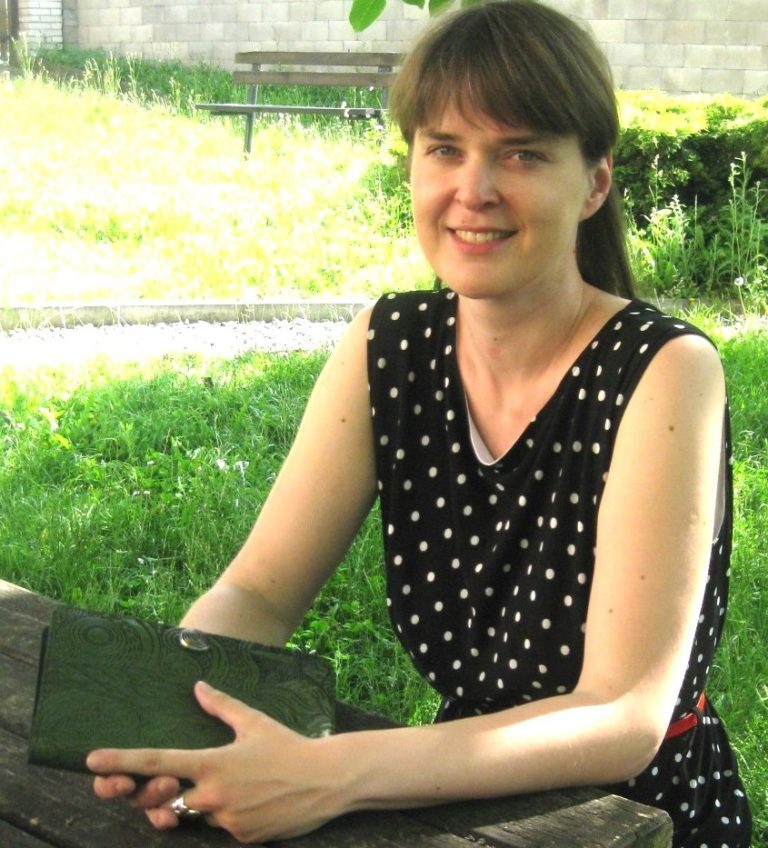Keynote Speaker of the 27th British Novelists Conference
- English
- Türkçe
We are pleased to announce that the keynote speaker is Professor Alena Rettová. Prof. Rettová has degrees in Philosophy, German Studies and African Studies as well as a PhD from the Charles University in Prague (Czech Republic). Her PhD research, working with texts in six African languages, was published in 2007 as Afrophone Philosophies: Reality and Challenge. In 2013, she published Chanter l'existence: La poésie de Sando Marteau et ses horizons philosophiques, a book monograph where she explored the sung poetry of Sando Marteau, a poet-musician based in Lubumbashi (DRC), as an expression of existentialist philosophy. From 2006 until 2020, Alena worked at SOAS (School of Oriental and African Studies) in London as Lecturer in Swahili Literature and Culture, then Professor of African and Comparative Philosophy. In April 2020, Alena joined the University of Bayreuth (Germany) as Professor of African and Afrophone Philosophies. She is the Principal Investigator in the ERC-funded project, entitled "Philosophy and Genre: Creating a Textual Basis for African Philosophy" (2020-2025). Her forthcoming monograph is entitled The Nonhuman in African Philosophy.

Thinking newly: Buchi Emecheta on gender, migration, and innovation
Prof. Dr. Alena Rettová, University of Bayreuth
Buchi Emecheta's (1944-2017) position among African writers is truly unique. A contemporary of Ama Ata Aidoo and Chinua Achebe, Emecheta revolutionarized Anglophone African literature in many respects. She became one of the vanguards of African womanist thought, which she developed in her novelistic writing, and she was also a pioneer of Anglophone science fiction. Her novels centre on African women's experience, with settings including both her native Nigeria and the United Kingdom, where she herself lived from 1962. In her works, she studies life in the diaspora and interrogates intercultural and interracial contacts and conflicts. To do this, Emecheta initially opts for literary realism. In the Ditch (1972), Second-Class Citizen (1974), The Bride Price (1976), The Slave Girl (1977), The Joys of Motherhood (1979), Destination Biafra (1982), and Double Yoke (1982) are realist texts that scrutinize women's roles as labourers, wives and mothers, but they also examine women's place in national politics and in diasporic institutions.
It was in The Rape of Shavi (1983) that Emecheta stepped on the terrain of speculative fiction. In this complex work, she explores a number of themes: tradition and modernity, new technologies drawing on African resources (for instance, using palm oil to fuel aeroplanes), violence against women and against entire cultures, especially rape (as both a reality and a metaphor), colonization, extractivism and exploitation, matriarchy and precolonial governance, the relationship between philosophy and politics, language and (the impossibility of) translation, epistemological modes such as prophecy, the ontology and ethics of disability and disease, slavery and the history of enslavement, as well as the threat and reality of nuclear weapons in the constellation of a polarized global politics. Following The Rape of Shavi, Emecheta authors three more novels about black women and children in the United Kingdom, Gwendolen/The Family (1989), Kehinde (1994) and The New Tribe (2000), as well as an autobiography Head Above Water (1986).
A feminist and a speculative thinker, Emecheta has been able to reconfigure the relationship between tradition and innovation and to identify African resources for new technologies. In this aspect, she has influenced many African writers of younger generations. The technique of exploring gender, culture, and race through a speculative scenario is particularly prominent in the work of Nigerian-American novelist, Nnedi Okorafor. My lecture will survey Buchi Emecheta's work, with a focus on The Rape of Shavi, a novel that is emblematic both of Emecheta's literary innovation and the thematic breadth of her writing.
